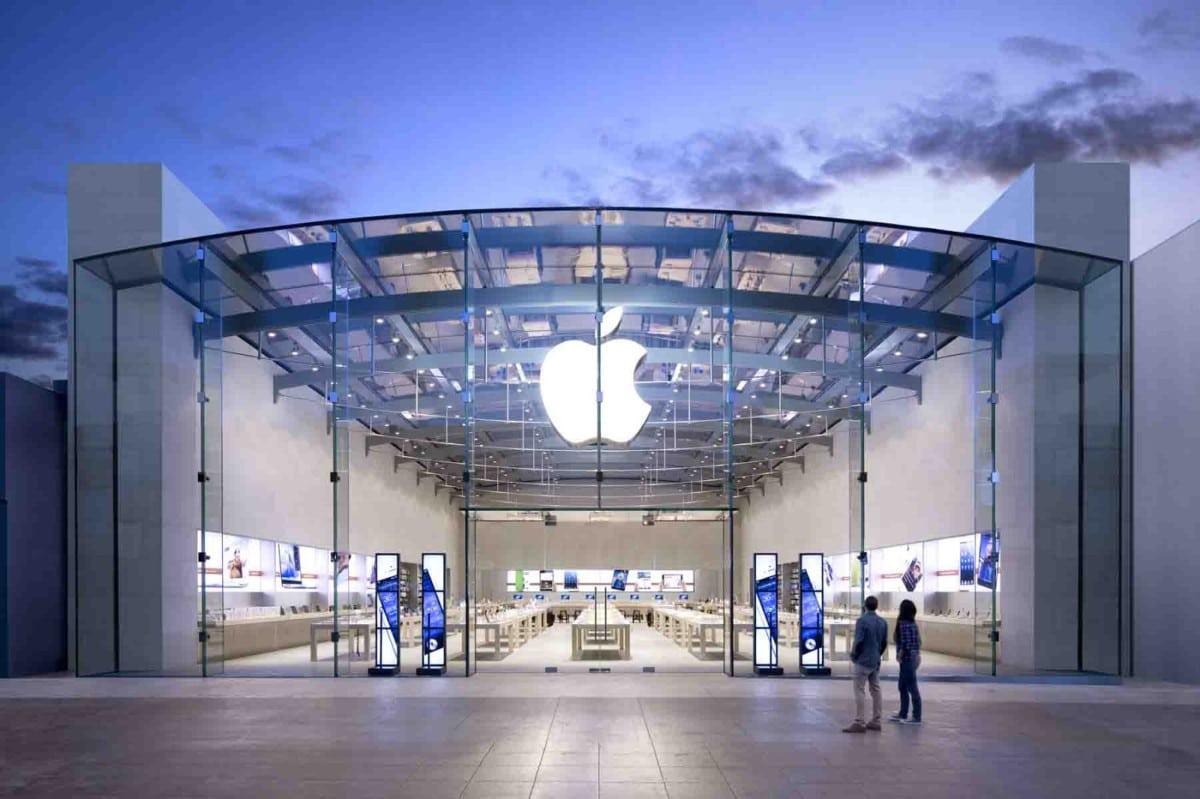Why prospective parents want you to treat them as clients & what to do about it
Neville Medhora once said “No one cares about you. They care about themselves.” This is a message that successful businesses infuse into their marketing strategy.
Successful schools, just like successful businesses, know that their current and prospective families don’t care about their achievements and accomplishments — what they care about is how the school is going to further serve their parenting and educational goals.
You view your school not as a business but as a community that supports the intellectual, social and emotional development of young people. However, when prospective parents begin the search for a school, they approach the process as they would when searching for a commercial product.
Marketing your school like a business is compatible with your mission to best serve your students and their families.
“Personalized marketing is what millennial parents will expect from your school.”
Imagine how parents begin their school search.
- They might start with an online search.
- Maybe they look up an institution recommended by a friend.
- Then they peruse various school websites.
- They make comparisons and look for value.
- Then they narrow down their options to a few schools that warrant an in-person visit.
- They’ll tour your campus and listen for what is essentially your “sales pitch” before making the decision to write a tuition check.
visit.
This process is not unlike the search for a new phone, computer, car, or home.
Choosing a school is like choosing any other product.
“Savvy school leaders will use the same marketing strategies that lead to success for top businesses.”
Channel Apple
Let’s consider the unparalleled success of Apple. In 1984, Apple announced that they would “Think Different” in their Super Bowl commercial. From that moment on, they carved out the identity of “visionary trendsetters in technology.”
We can apply many of the lessons taught by Apple’s unique marketing strategy to independent school marketing:
1) They Focus On Value Proposition.
Apple doesn’t spend time and money building comparisons between themselves and other companies. Nor do they cut prices to compete with others. Instead, Apple focuses on demonstrating their unique value to the consumer. Apple products are not marketed as one of your many options for a phone or computer. Apple markets their products as a distinctive experience that other products cannot replicate.
This strategy can be seen in successful private schools. For example, The Mountain School carries a strong image as an institution of experiential learning and relationship building. Interlochen Arts Academy has carved out a reputation for producing unmatched artistic achievers. AltSchool sets itself apart with its focus on 1-to-1 technology integration. Each of these schools has a brand that is cohesively marketed to parents as having unique value.
What’s your school’s value proposition?
2) They Master Customer Experience.

This leads to our next lesson — creating a one-of-a-kind customer experience. At each stage of product exploration, from an initial visit to the website to arriving in an Apple store, the experience feels uniquely “Apple”. The experience represents how Apple stands apart from the competition. There are three main ways that Apple achieves this:
First, their website and advertisements are clean, crisp and void of distractions. Website visitors are led to focus solely on the value of the product. The lack of noise and distraction builds consumer confidence in the product’s value. They continue this aesthetic through commercials and in person at Apple stores.
Does your school’s website cut through distractions and highlight clearly the unique value provided to your students?
Next, Apple customer service makes the consumer feel special and heard. From the moment a customer walks into an Apple store, they are supported and guided. Apple employees are trained to make the customer feel as if their experience matters.
Do you, as a school leader, convey this same message to all prospective parents and students that you interact with? Are all staff that work with prospective parents coached to do the same?
Finally, Apple has defined core values. They project their values across all their platforms: website, advertisements, storefronts, and packaging. This increases consumer confidence in the product. It also builds product loyalty. Customers feel that they are a part of a larger experience when they purchase and use Apple products.
Do your school’s core values come through clearly and consistently at every stage of your marketing process?
Does each subsequent step– from an initial website visit to a campus tour— reinforce your values to prospective parents?
3) They Personalize the Experience.
Apple understands that the millennial consumer wants to feel catered to. They want to know how a product will advance their individual goals and passions. Apple frames their product as a tool that can support individuals in a wide range of pursuits. An Apple product is customizable.
“When presenting your signature program to prospective parents, make it flexible and customizable.”
One easy way to do so is by profiling case studies of diverse students who have flourished in and beyond your program.
- Let your teachers explain how they noticed individual needs and strengths and guided the student towards supports and opportunities best suited for them.
- Show prospective families how your staff and teachers ensure a meaningful experience with the students through offline and online communication methods.
- Bring these specific examples to life through your website, enrollment materials, and during campus information sessions..
How can you let prospective parents know that their students’ experience can be tailored to their individual needs and interests?
Market Like A Business
Successful businesses recognize the consumer’s need to feel special and be part of a cohesive experience. Schools will flourish when they market themselves like a business and treat prospective parents as clients.
School leaders should put strategies in place that make businesses like Apple, Nike or Red Bull definitive leaders in their industries. Focus on value proposition, customer experience, core value continuity, and personalization.
Remember, the millennial parent expects you to demonstrate exactly how your school will further their goals.
